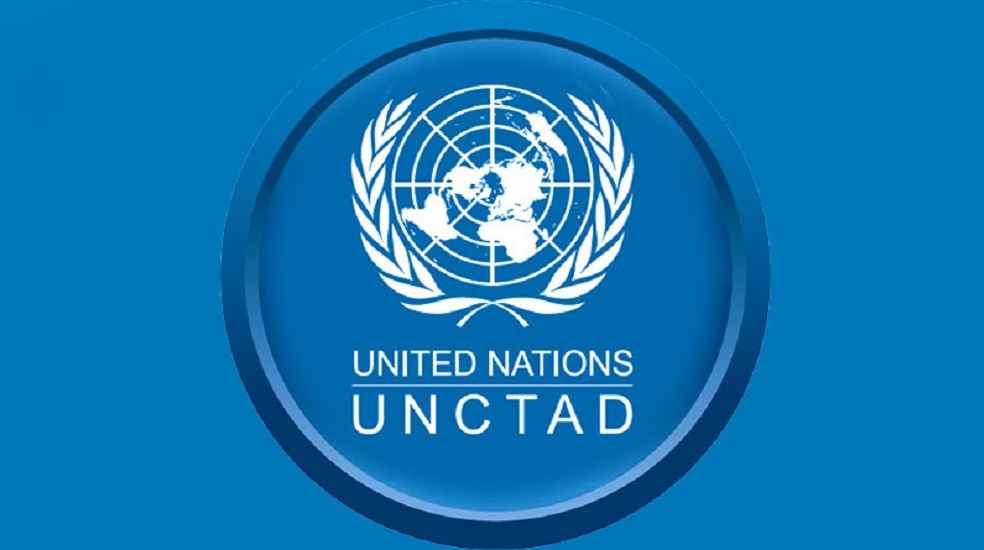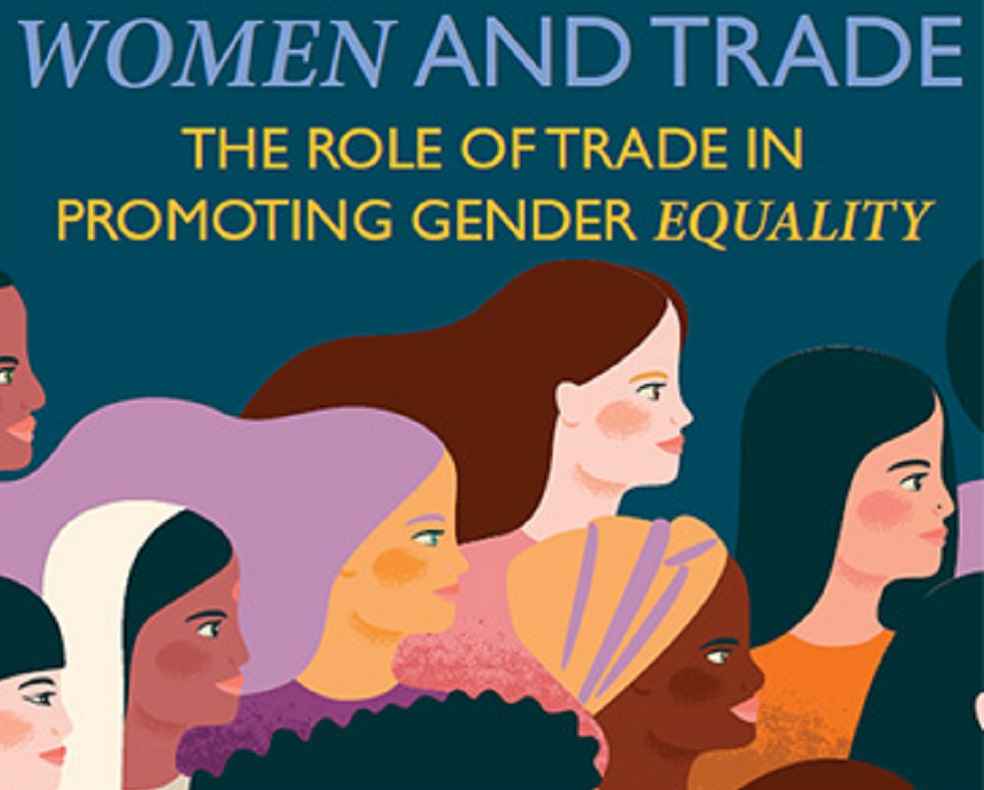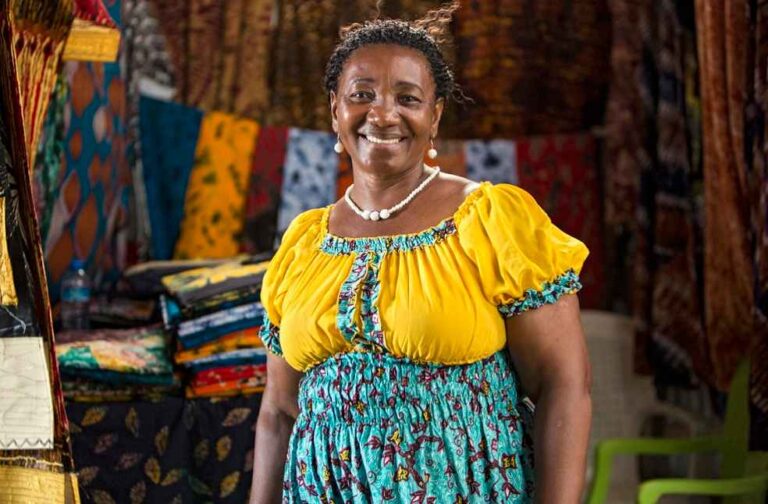Understanding and advancing women’s economic empowerment requires a meticulous focus on the gender gap in trade. Yet, historically, the paucity of gender-focused data in international trade has stymied the formulation of balanced empowerment policies.
Addressing this void, the United Nations Conference on Trade and Development (UNCTAD) rolled out a strategy in 2018, termed ‘microdata linking’. This strategy empowers countries to integrate their existing statistical data with gender trade dynamics. This approach, both sustainable and economical, offers a fresh alternative to designing standalone surveys.
After the strategy’s introduction, six countries rigorously applied the framework. The methodology now finds its place in the latest guidelines from UNCTAD, aimed at enriching data for trade policy formulation across national statistical offices.
Anu Peltola, the statistical spearhead at UNCTAD, stressed the importance of adaptable data systems to navigate today’s layered data environment, especially pertinent for resource-limited developing nations.

Gender Trade Disparities: A Closer Look
Originating from a collaborative effort, the guidelines focus on tailoring gender-responsive trade policies across regions like Africa, the Caucasus, and Central Asia. This joint initiative tapped into the expertise of both UNCTAD and the UN’s economic commissions for Africa and Europe.
Cameroon, Georgia, Kazakhstan, Kenya, Senegal, and Zimbabwe became the pilot nations for this methodology. This resulted in a set of fresh indicators highlighting gender variations in areas such as employment, wages, and business ownership. The outcomes spotlighted gender biases and nuances across these countries.
Georgia: Data-Powered Policy Changes
Georgia revealed and analysis pronounced gender discrepancy in trade, with women earning significantly less by 30-35%. Business ownership, too, was predominantly male-centric.
Gogita Todradze, at the helm of Georgia’s National Statistics Office, highlighted the need to address these skewed trade figures. Given the insights, Georgia is on the path to integrating gender-centric trade data into regular statistics, aiming to boost women-led entrepreneurial initiatives and improve trade opportunities and wages for women.

Kenya: Harnessing Cross-departmental Collaboration
Kenya recognized the efficiencies brought about by the ‘microdata linking’ approach. A core component was inter-departmental cooperation, as acquiring the necessary data often required collaboration across multiple agencies, especially given confidentiality norms.
The insights from Kenya pointed towards pronounced gender disparities in the trade sector. Male employees dominated, earning substantially more, and the realm of business ownership also tilted in favor of men.
Cynthia Chelimo, from Kenya’s State Department for Trade, advocated these indicators as tools for drafting gender-attuned policies, pushing for a more inclusive economic framework.

To conclude, as global efforts strive to address gender disparities, leveraging data emerges as a central strategy. The findings from this initiative signal the potential of harnessing existing resources in tandem with innovative approaches to drive toward a gender-balanced future.
LATEST NEWS | WTO Chief Urges ‘Re-globalisation’ for Inclusive Global Trade Evolution



